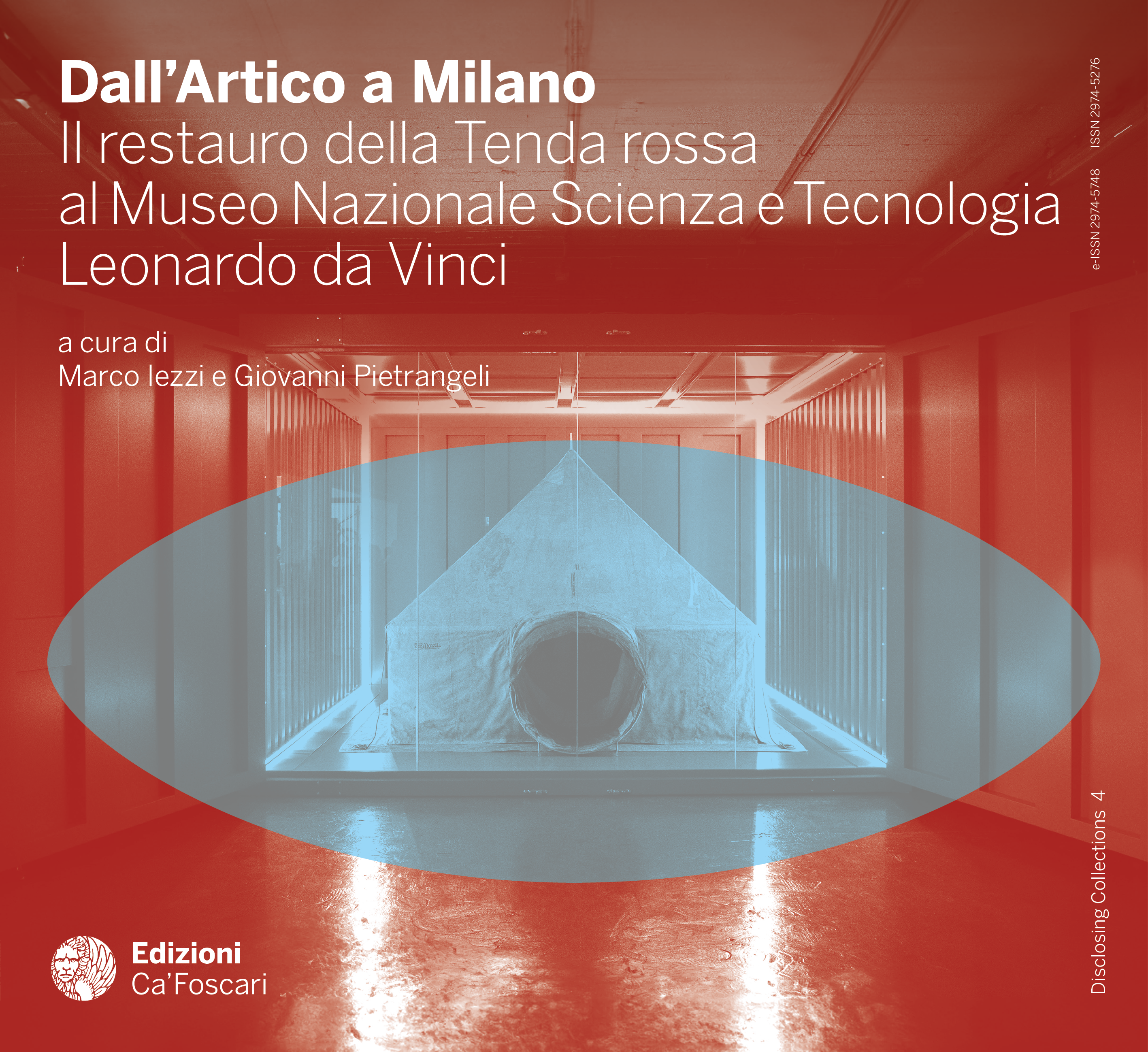Disclosing Collections Studies, Catalogues and Data in the Arts and the Humanities
open access | peer reviewed
Aims & Scope
Inspired by the process of scientific analysis and contextual public disclosure of collected materials in the wider Humanities, this academic book series aims at setting a new standard in producing catalogues, inventories, indexes, collection displays, data sets, and item lists. The series is grounded on the idea of both mapping and disclosing unprecedented territories, which are then left with infrastructures that allow them to be available to the research community and the wider public. In this sense, the series intends to go beyond traditional concepts such as the ‘catalogue raisonné’ or full inventory lists, rather trying to present publications in print and digital form that cut across a given collection of items and thus highlight categorisations, interconnections, and relevance attribution. Of particular importance is the methodology applied to the production of the finalised publication, which takes into account recent interdisciplinary stances, modes of research and forms of presentation prompted by scholars in the Digital and Public Humanities, particularly the development and importance gained by relational databases. The scope of the series embraces the entire array of the Humanities: from Textual Scholarship to History, from Art History to Cultural Heritage, from Archaeology to Archival Studies. A distinctive feature of the series is its institutional interconnectedness, since publications are each the unique product of intense and planned collaboration with specific museums, libraries, collections, archives, estates, excavations, field works, and research institutions.
Permalink doi.org | e-ISSN 2974-5748 | ISSN 2974-5276 | Language en, it |
Copyright This is an open-access work distributed under the terms of the Creative Commons Attribution License (CC BY). The use, distribution or reproduction is permitted, provided that the original author(s) and the copyright owner(s) are credited and that the original publication is cited, in accordance with accepted academic practice. The license allows for commercial use. No use, distribution or reproduction is permitted which does not comply with these terms.
Latest published volume

- The ‘Marconi Relics’
- Examining Artefacts at Museo Nazionale Scienza e Tecnologia Leonardo da Vinci
- April 30, 2025
- On the occasion of the 150th anniversary of Guglielmo Marconi’s birth, the Museo Nazionale Scienza e Tecnologia Leonardo da Vinci reflects on the historical artefacts and documents collected in Marconi’s name. How did this cultural heritage reach us and what does it tell us today about the history of media technology? Marconi was a key figure in the foundation of the Museum, and his Company used the public display of artefacts as a modern communication tool. In this volume, the heritage of the ‘Marconi relics’ preserved by the Museum becomes the starting point for raising new research questions on Marconi’s protagonism not only in the industrial field, but also in the cultural field. Scholars from different disciplines – history of science, media studies, STS, history of industry, art history, museology – turn their gaze to selected elements of the collections to offer alternative perspectives on the canonical celebration of Marconi’s biography. The trajectories traced by these stories allow us to explore the cultural context that accompanied the global affirmation of wireless and mobile communication, enriching the ritual narrative around Marconi’s name with new actors and lesser-known details.
Indexed in











